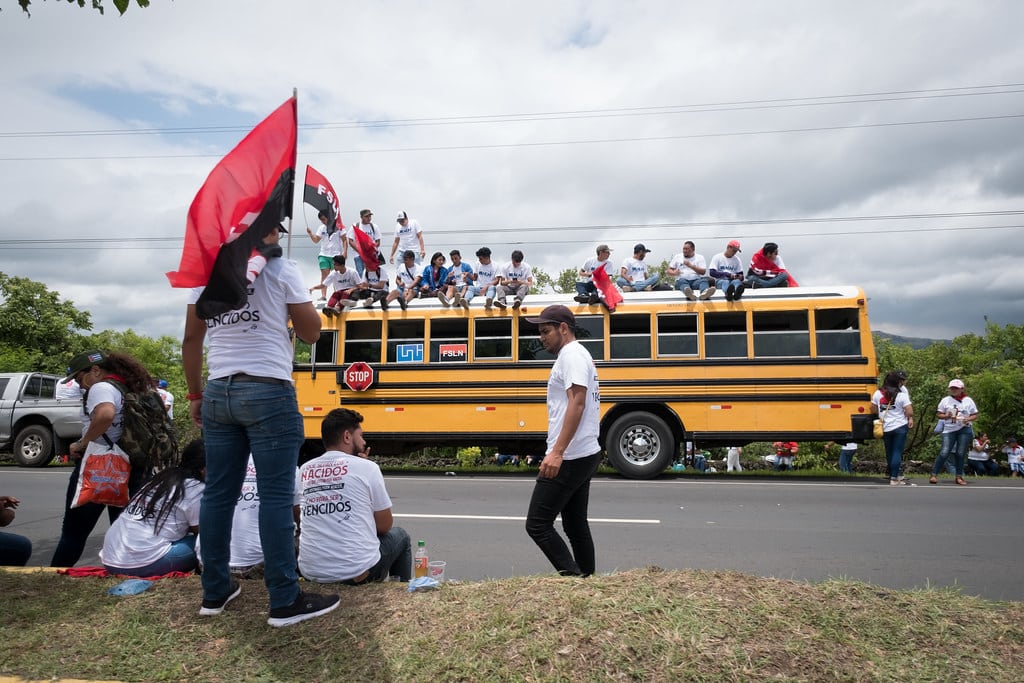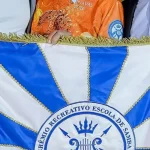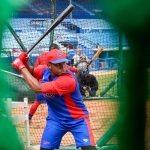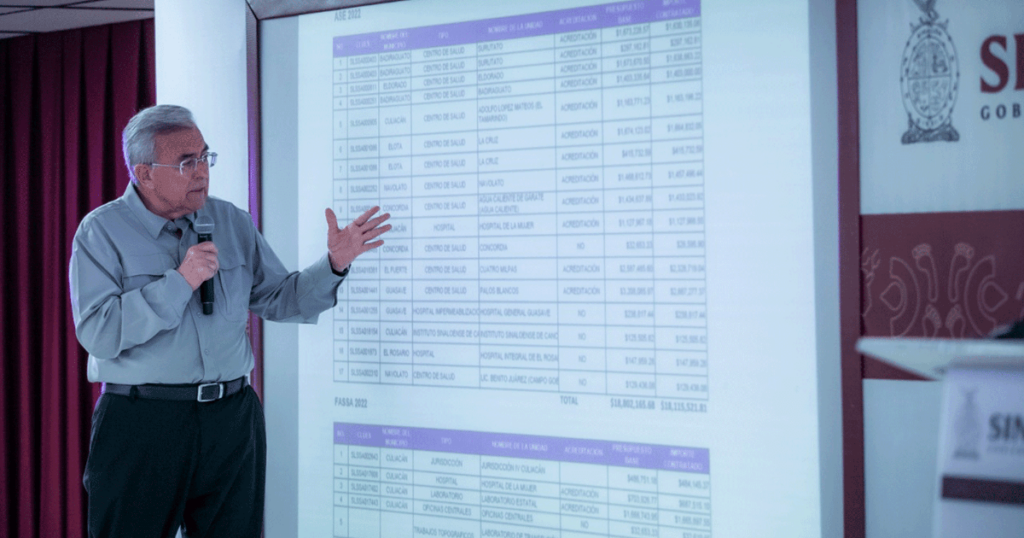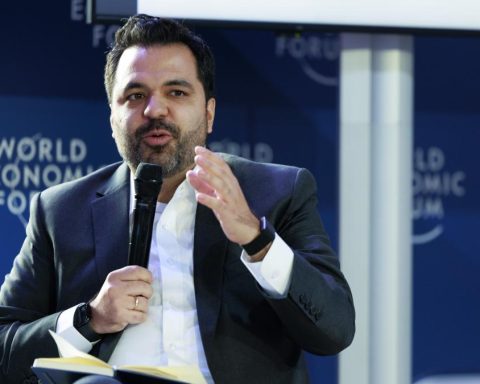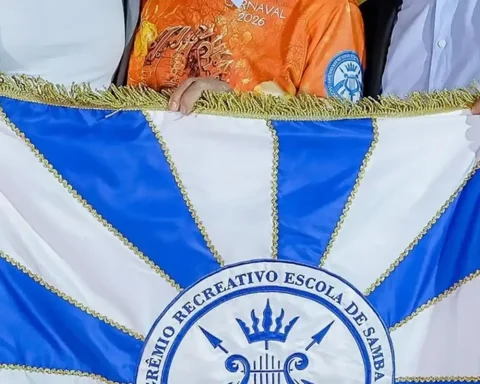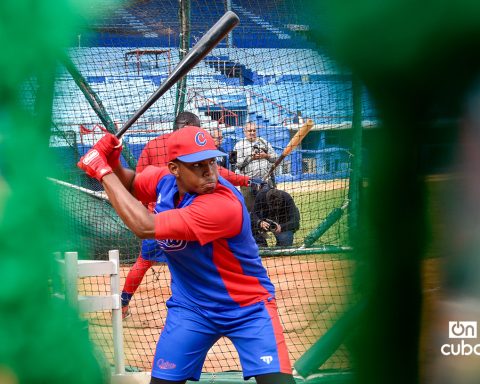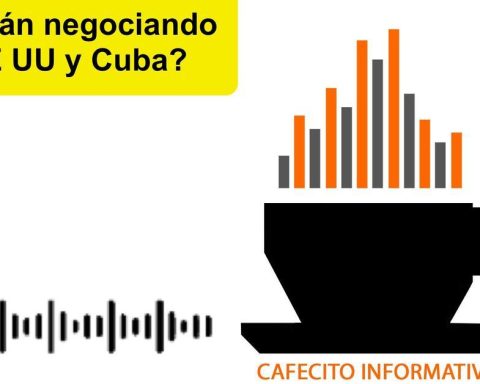Less than two months before the voting on November 6, 2022 in 153 municipalities in Nicaragua, the ruling Sandinista Front, controlled by Daniel Ortega and Rosario Murillo, executes a “mobilization plan”with which it intends to have “more control” of the vote of its militants, relatives, people who have been issued identification cards, and state workers, applying “house-to-house surveys” in which, in addition to requesting their names and surnames, phone number, phone number and identity card, he asks them if they are going to vote, if they know which Voting Center corresponds to them and which party they should choose.
Ivania Álvarez, director of Redes Ciudadanas de Pollas Abiertas, explained that since mid-August they had reports of the application of these “house-to-house surveys”, especially in the framework of the call made by the Ortega regime, since August 18, for the “citizen verification” online, which will be permanent until November 6 through the website of the Supreme Electoral Council (CSE).
“We have been monitoring the citizen verification issue and in this process a kind of survey is filtered that is being carried out by the neighborhood political secretaries, with orders from the Municipal and Departmental Secretariat, and in some places it was recorded that the two things went together, that is, a group came to verify to people and then they applied that kind of survey,” Álvarez denounced.
“Workers of Enacal, of the mayors, of the Minsa (Ministry of Health) and the Mined (Ministry of Education) they set about doing these online checks and during that process they started asking people questions, such as: Are you going to vote? Who are you going to vote for? How many of your family vote? Do you know your Voting Center? The one-page form was leaked to us and we realized that those questions did not come randomly, but were part of that apparent survey that was being carried out, ”he detailed.
The data sought by the FSLN “house-to-house surveys”
In the document, leaked to Álvarez through the Citizen Networks of Open Ballot Boxes, reads the title “First visit to militants-Election Mobilization Plan 2022”. They then request personal data from the respondents, including: name, identity card number and exact address where they live.
The interviewer is also ordered to indicate whether he found the “militant” and if not, to justify the reason, selecting between: deceased, outside the country, changed address, hospitalized indefinitely, deprived of liberty, does not belong to this territory and another reason.
The document includes three questions, two for the respondent and one for the interviewer, who is ordered to locate whether or not the “militant” accepted the visit, and to place the telephone numbers in which the participant has WhatsApp.
The person surveyed is asked what party activities they participate in in their neighborhood or community, giving them a choice between: militant assembly, citizen security assembly, inauguration of streets, parks, roads and bridges, recreational and cultural activities, health fairs , family economy fairs, Sandinista youth activities, productive activities, others and none.
Likewise, he is asked about how many “militant comrades with a card” and “non-militant but who will vote for the FSLN” live in his home, requesting that he identify them by name and ID number.
“Survey” was applied in Managua, Matagalpa and Jinotega
Álvarez stated that for now they have a record of the application of this “survey” in the departments of Managua, Matagalpa and Jinotegabut only to people identified as “militants”, citizens who were once registered but do not consider themselves militants and public workers.
“With some people we talked to from Matagalpa and Jinotega, we learned that it was being promoted by the departmental political secretaries. In such cases, in these two departments, there is currently an internal struggle for mayoral candidacies and it was also closely related to measuring the intention of support that these people surveyed have with the current mayors”, he pointed out.
“We also learned of a Minsa worker in Managua who was also given the survey, was shown the document and had the same questions again. In addition, in this case the person who surveyed said they had knowledge of who and how many live in the house of the person surveyed, which of them work in a State institution and, again, they applied the recurring question about whether they were going to vote, if it was clear where he had to go to vote, and, one of the most incisive questions, if he was going to vote for the Sandinista Front,” he added.
The director of Redes Ciudadanas de Urnas Abiertas valued that one of the intentions of the Ortega Murillo regime in applying these “surveys” “is to internally evaluate their militancy, their intention to vote, the perception of the militant with the party and their candidates or local leaders”.
“The Sandinista bases have been hit, among other things, by situations such as migration, a large number of people who have gone into exile, people who held a position or who were close to them, so the regime seeks to have a real x-ray of what which is their militancy and the intention to vote, because they ask people if they are going to vote and let’s remember that last year we had an abstention rate of more than 80%”, he added.
The Ortega-Murillo regime was re-elected for a fourth consecutive term in November 2021, without political competition, in votes in which the 81.5% of Nicaraguans abstained to exercise their right to vote, given the lack of conditions for free, fair, transparent and observed elections, according to a report released by Urnas Abiertas.
“You and your family have to go vote because we have you under surveillance”
The opposition and released politician of the Ortega-Murillo regime denounced that the application of these “surveys” represents incidents of “harassment” and “coercion” a few weeks before the municipal votes.
“The margin of error of those polls, which they fill with frightened people, are surely enormous. We know that people do not respond out of will, they respond out of fear, and part of what they are looking for is to demonstrate control, control of the Front, that is to say, they are very surely not even interested in whether or not you are going to vote, because they already have to have the results ready, but they want to show that they know where you are, your ID number and that they know which relatives you are with of those who have IDs and, subjectively, they are telling you that you and your family have to go vote, because They’re watching you,” he said.
He stressed that, according to the reports of the Citizen Networks of Open Ballot Boxes, the application of these surveys generated “a lot of fear because people question whether this is due to the fact that they will be forced to vote or if they are going to be taken out of their houses. , then, are fears that occur in the context of this act of harassment, of coercion”.
The mobilizers activated during the votes
The regime also applied its “mobilization plan” during the general elections of 2021, summoning its mobilizers, who in addition to “moving” people to the voting centers, also targeted citizens who did not attend.
CONFIDENTIAL reported, in October 2021, that the Sandinista Front summoned state workers and sympathizers three weeks before the elections to organize as “mobilizers” to “guarantee the Sandinista vote” and promote the idea of a “mass vote.”
The “mobilizers”, the report refers, are people in charge of removing supporters or sympathizers from their homes and mobilizing them to their respective voting centers, using State resources, such as the time of public employees, vehicles and fuel of the institutions.
Lawyer Yader Morazán considered at that time that if these groups that make up the FSLN were “simple mobilizers within a political structure, they would be moderately acceptable.” However, he stressed that these people actually violate the principles of universal suffrage, which establishes that the process must be equal, direct, secret, and must also be free.
Morazán recalled that article 30 of the Electoral Law, which has constitutional status, recognizes the free exercise of the vote. “Freedom resides precisely in not having any kind of coercion,” he pointed out.
He pointed out that just the fact that someone comes looking for you at your house is a form of coercion, because whoever comes looking for you is a body of coercion, of people who follow a party led by rulers who have been accused of violating human rights. Nicaraguans, including committing crimes against humanity.
“Within an electoral process, everything that coerces your will in any way, such as going to bring your house, which is a way of threatening you, corresponds to an electoral crime… I understand that on the one hand freedom is limited, that is to say, the free element that universal suffrage must have, and on the other hand, by coercing, an electoral crime is incurred,” he affirmed.
